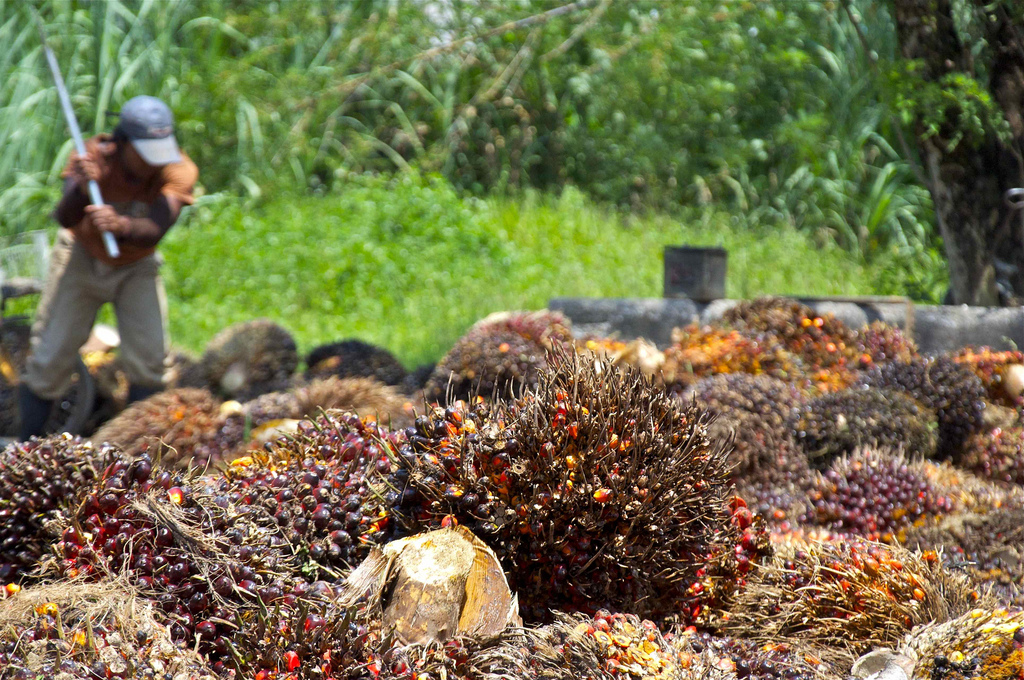Enzyme discovery enables production of renewable biofuel; could replace petroleum-based gasoline additive
05/25/2018 / By Jessica Dolores

At a time when population growth is making sources of energy more limited, looking for alternate sources of renewable energy is as important as ever.
The discovery of a new enzyme that enables the microbial production of a renewable option to petroleum-based toluene, a popular octane booster in gasoline, is, therefore, welcome news. This also marks the first-time an aromatic hydrocarbon biofuel is produced via microbial production, providing an alternative to petroleum as a source of fuel.
Researchers at the Department of Energy Joint BioEnergy Institute (JBEI) and Lawrence Berkeley National Laboratory (Berkeley Lab) examined two highly different microbial communities that produced toluene.
One community had microbes from lake sediment, and the other, from sewage sludge. Researchers first started working with a bacterial species reported to make toluene. But when those reports seemed irreproducible, they turned to the environment – specifically municipal sewage and lake sediment, to come up with toulene.
The study’s lead author, Berkeley Lab senior scientist Harry Beller initiated the research on bio-based toluene after reading reports from the 1980s that showed microbial toluene biosynthesis is found in lake sediments. Despite various reports on bacterial toluene production, the nature of the enzyme responsible for this reaction remained a mystery for decades.
Thus, he described their study as a “needle-in-a-haystack search” from hundreds of thousands of enzymes for one that produces toluene.
The findings give rise to the question as to why a bacterium would produce toulene. The researchers propose two answers. One is that the bacterium is producing toluene as a toxin to oust other microbes in its environment. Another is that the toluene-producing reaction is the bacterium’s way of controlling its internal pH in a somewhat acidic, fermentative environment.
Beller and company believe their study can expand the catalytic range of Green River Energy (GRE), which has implications for human health. They add that their findings could also enable the first-ever biochemical synthesis of an aromatic fuel hydrocarbon from renewable resources.
Renewable sources of energy
Plant-based biofuels are not the only alternative form of energy available to us. Others, which offer lower emissions, reduced fuel prices, and less pollution are also available. Here are some of them.
- Geothermal power – This gets its energy from the ground, and its popularity continues to rise. According to the World Bank, around 40 countries are already meeting most of their power needs with geothermal power.
- Natural gas – Sources of natural gas have been present for decades. But it was only through the development of compression techniques that it has become an effective energy source. Natural gas is used in cars to reduce carbon emissions. In 2016, the lower 48 states in the U.S. reached a record high in terms of demand and consumption of natural gas.
- Solar power – Power from the sun is so popular, it is now synonymous with alternative energy. Solar power now drives industries and even homes. Countries like the U.S and the U.K. have come up with incentives to promote the use of solar power. This source of energy is totally renewable, and the cost installation is offset by the huge savings it generates for users.
There are more sources of renewable energy waiting to be tapped and developed. It’s about time we pay more attention to them, to save the Earth and every living creature that calls it home. To learn more about renewable energy, and how people are developing it, visit Power.news today.
Sources include:
RenewableResourcesCoalition.org
Submit a correction >>
Tagged Under:
alternate energy, biofuel, energy, energy sources, enzymes, gasoline, green energy, power, progress, renewable energy, research, science, sludge, toluene
This article may contain statements that reflect the opinion of the author
RECENT NEWS & ARTICLES
COPYRIGHT © 2022 FuelRationing.news
All content posted on this site is protected under Free Speech. FuelRationing.news is not responsible for content written by contributing authors. The information on this site is provided for educational and entertainment purposes only. It is not intended as a substitute for professional advice of any kind. FuelRationing.news assumes no responsibility for the use or misuse of this material. All trademarks, registered trademarks and service marks mentioned on this site are the property of their respective owners.




















